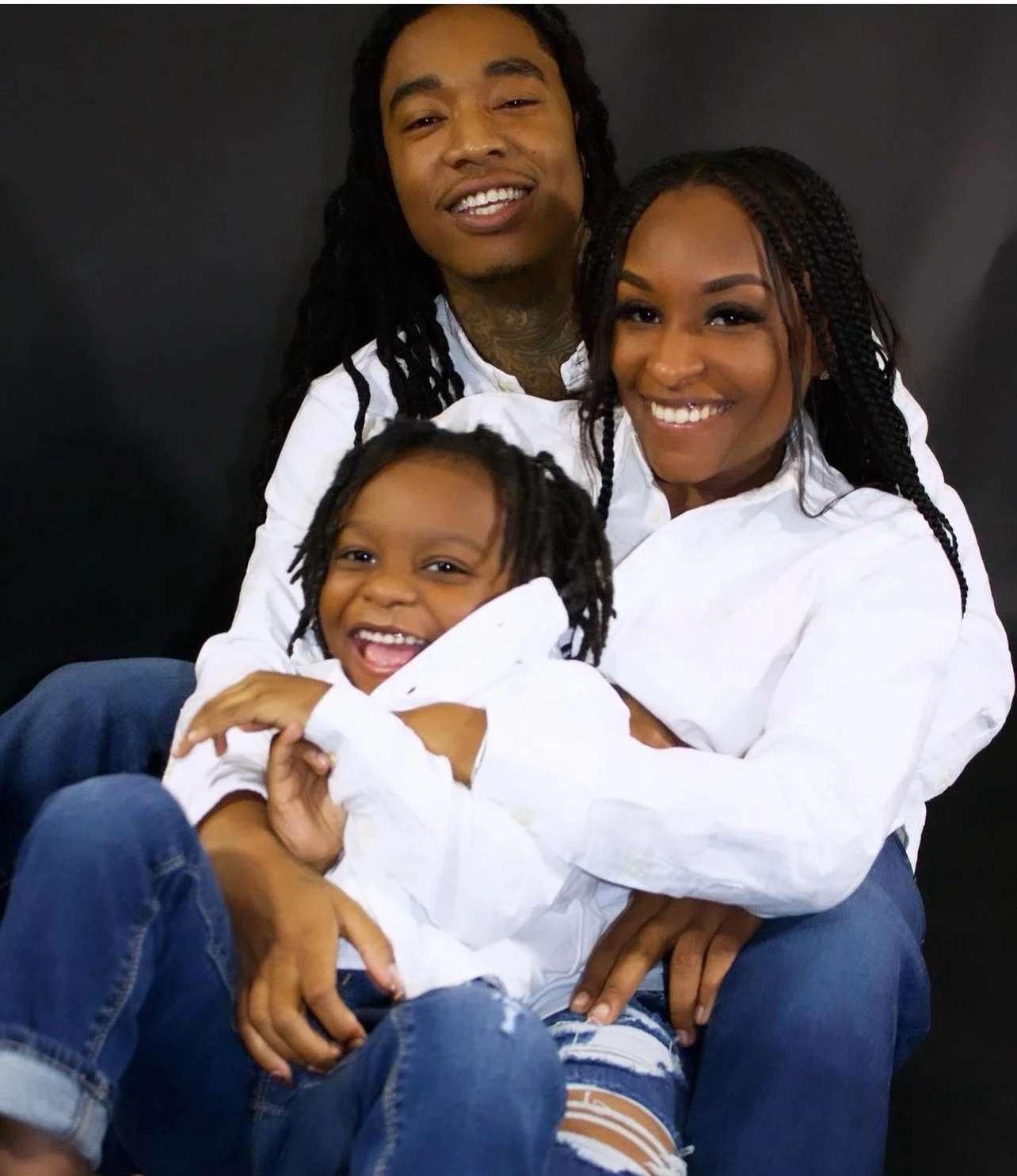Searching for the intersections in layers of oppressed identities
/I have been very focused on racial inequity on this blog for the past couple years, but have often ignored or not noticed discrimination and inequity based on aspect of identity such as gender and sexual orientation. It’s easy to lose sight of the forest when you’re working on such distracting trees.
I have a daughter now, though, in addition to my two young sons, and she has certainly spurred new realizations. I need to ask more and different questions. I need to cast a wider net.
In that spirit, I heard some interesting news this week that will impact our schools and our students in Seattle.
THINX, a company that designs menstrual hygiene products, has teamed up with the nonprofit PERIOD to call on school leaders and local elected officials in 10 cities across the country (including Seattle and Portland) to provide students with free menstrual hygiene products.
"Studies have shown that students who do not have the necessary products to effectively manage their periods are denied equal learning opportunities, as they frequently skip school during menstruation to avoid shame, embarrassment, or disciplinary action for frequent or extended trips to the bathroom," the company and the non-profit said in a joint press release.
"Other students cannot concentrate on their studies for fear of leaking or staining due to inadequate products, and some are even subjected to wearing tampons and pads for longer than recommended, which puts them at a higher risk for infections like toxic shock syndrome. These issues disproportionately affect low-income, rural, and transgender students."
This is a powerful example of why we need to think in terms of intersectionality. Systems of oppression overlap, and folks at the intersection of multiple non-dominant culture/oppressed identities have worse outcomes for a reason.
Being a girl, for instance, means that something as natural as menstruation will be othered by our patriarchal, white-male-dominant institutions. That alone demands our attention. Then consider how different oppressed identities can layer together — being a girl who is othered, let alone a girl of color, let alone a girl of color living in poverty, or a girl of color living in poverty who's queer…
It doesn’t take much imagination to see how it all makes something as simple as self-care while menstruating really challenging. Yet we rarely take the time to think about the complexity.
I struggled today to understand the thinking behind approving Brett Kavanaugh’s Supreme Court nomination. But consider this, per CNN: “Only 24 states and the District of Columbia mandate sex education in public schools. Of those, only eight states require mention of consent or sexual assault: California, Hawaii, New Jersey, North Carolina, Oregon, Rhode Island, Vermont and West Virginia. (The District of Columbia does, too.).”
Washington’s schools, in case it wasn’t clear, do not require sex education in the first place, let alone that students come to clarity about consent.
We wish the world would change, but our kids are still being educated with old-world thinking. Take this woman, for example, who tells her young daughters that “groping is no big deal.” Suddenly Kavanaugh’s widespread acceptance is sadly less puzzling, but no less troubling.
Woof.
In other news, I am very excited to announce that in January we’ll launch the inaugural cohort of the Rise Up Fellowship, an 18-month fellowship for high school students in the greater Puget Sound area. I’ll be in touch with more details very soon.
In the meantime, Rise Up for Students is growing. We are looking for current (middle school or above) or recent students who are interested in personal storytelling as a way to create change. Whether through writing or other digital media (like photo/videos, podcasting, music, etc.), we will support young creators in sharing their experiences as students and as activists, and help to amplify their voices in the conversations that are important to them.
Use your art to give a window into what it means to be yourself here and now, and you will change the world. And you might get paid for it, too.
If you or someone you know might be interested in learning more, let’s talk. Send me an email at matt.a.halvorson@gmail.com and we’ll go from there.







